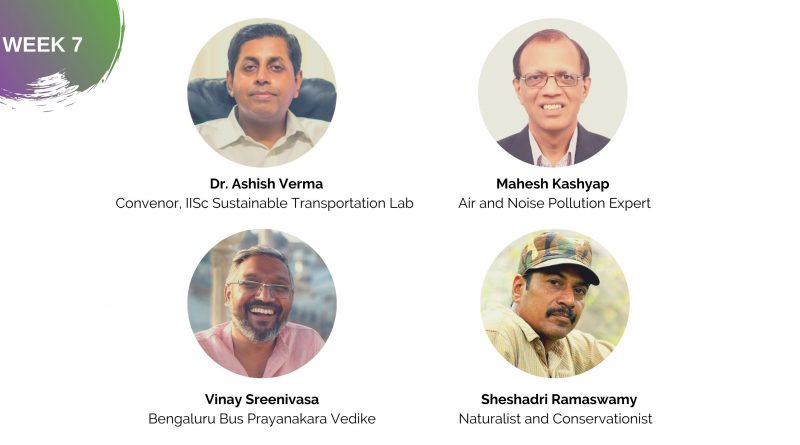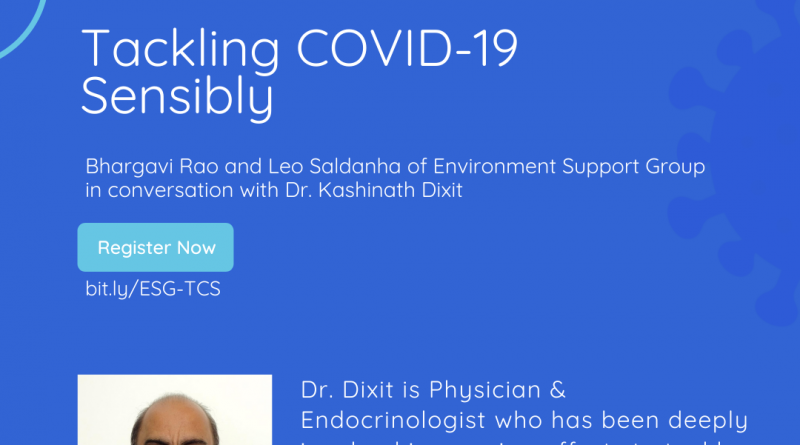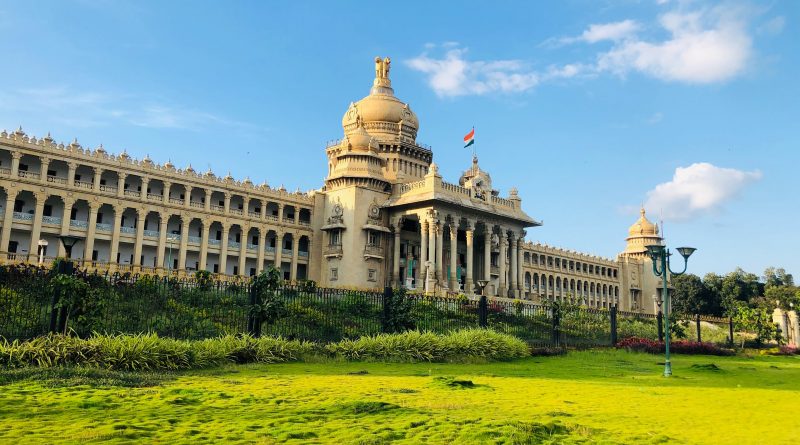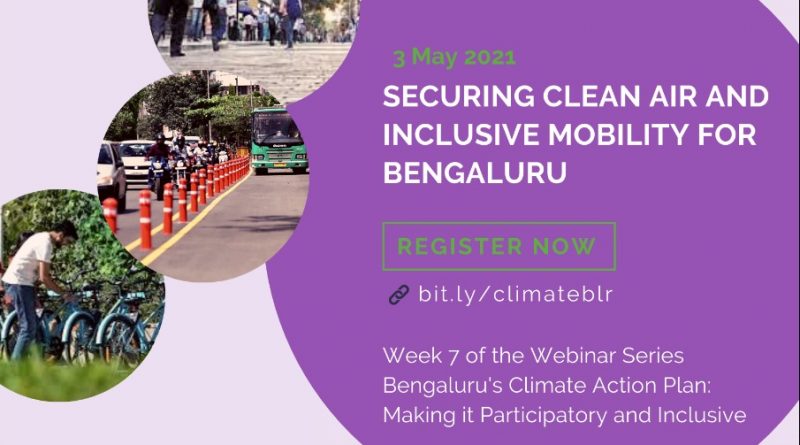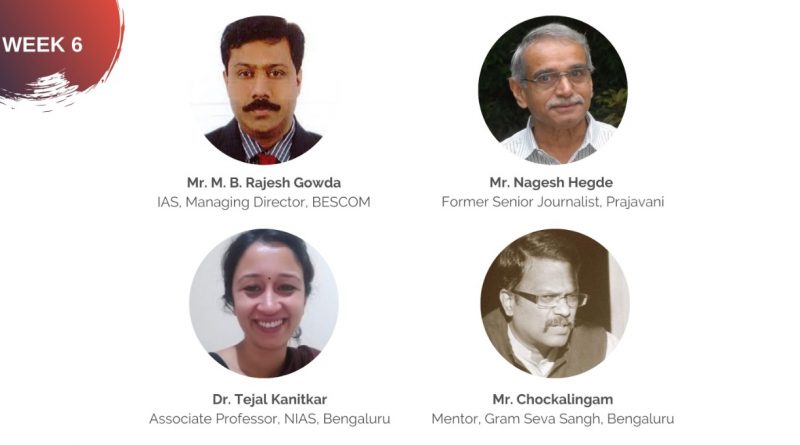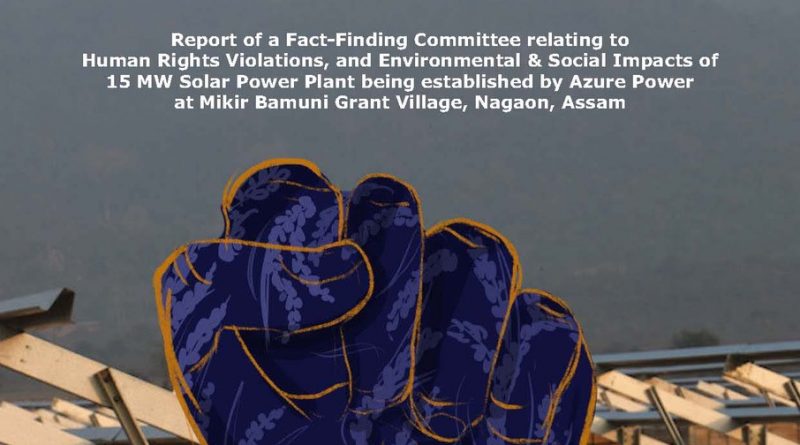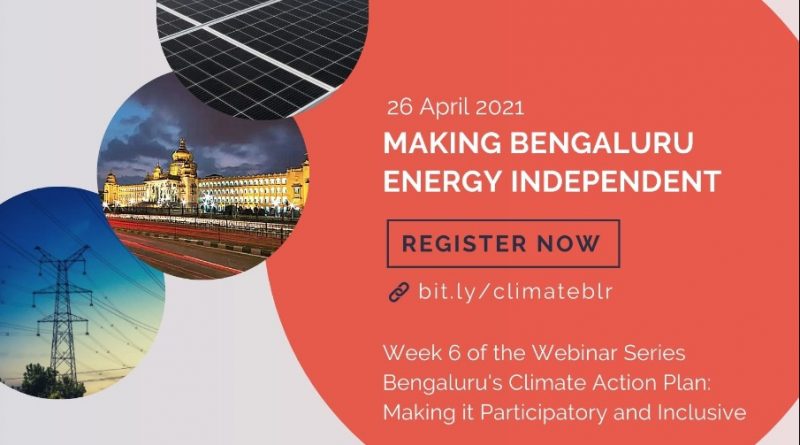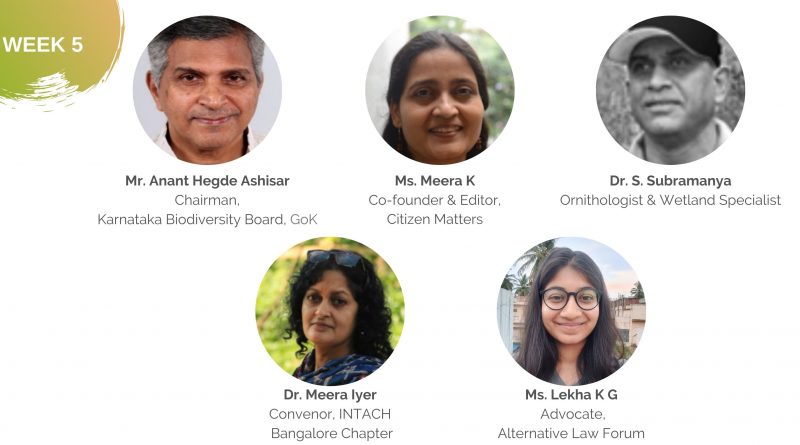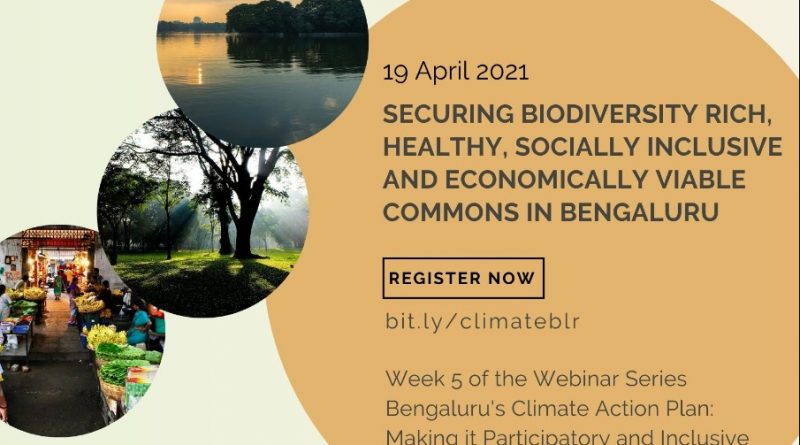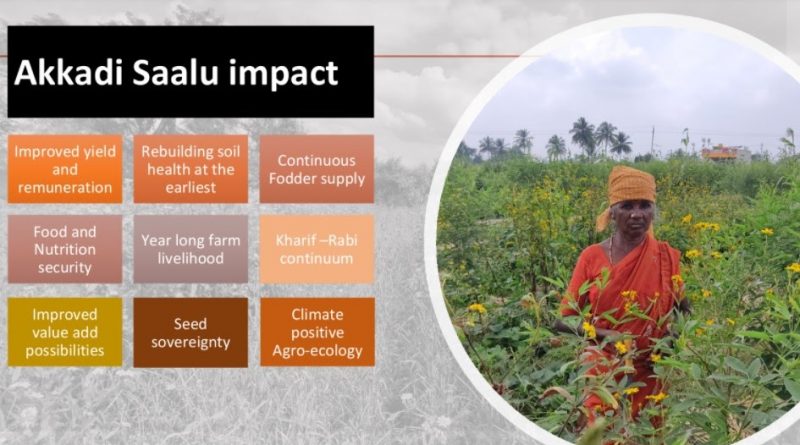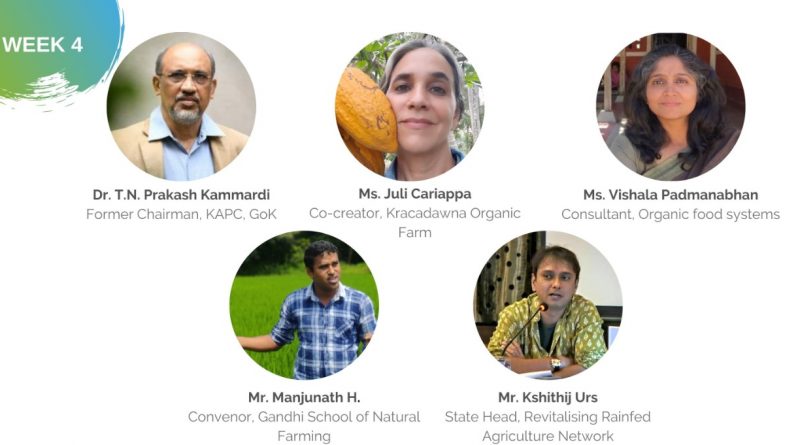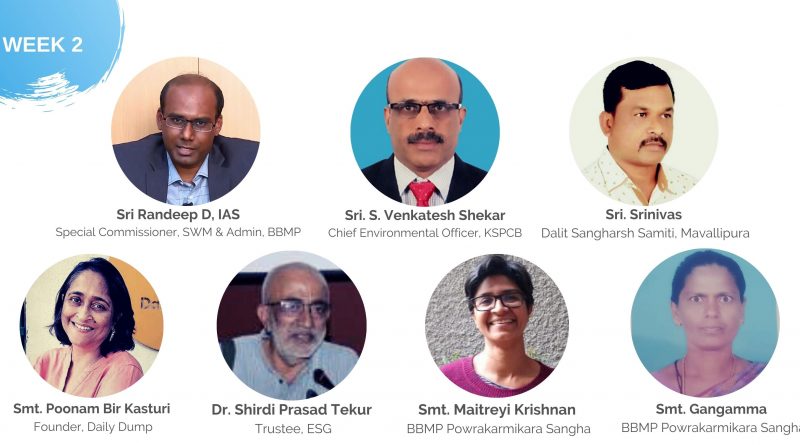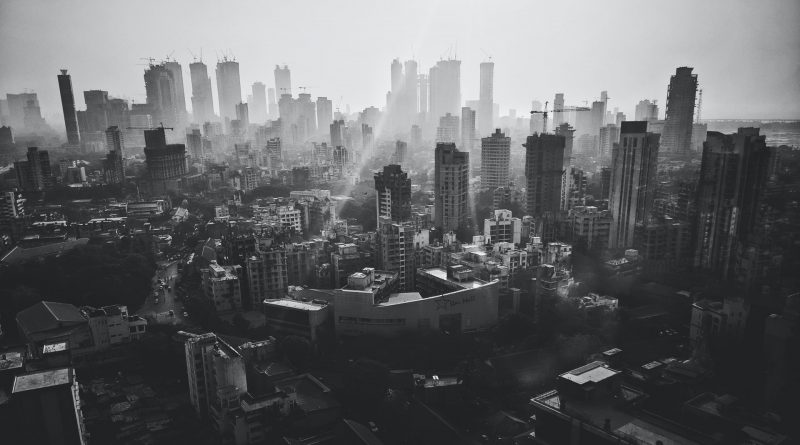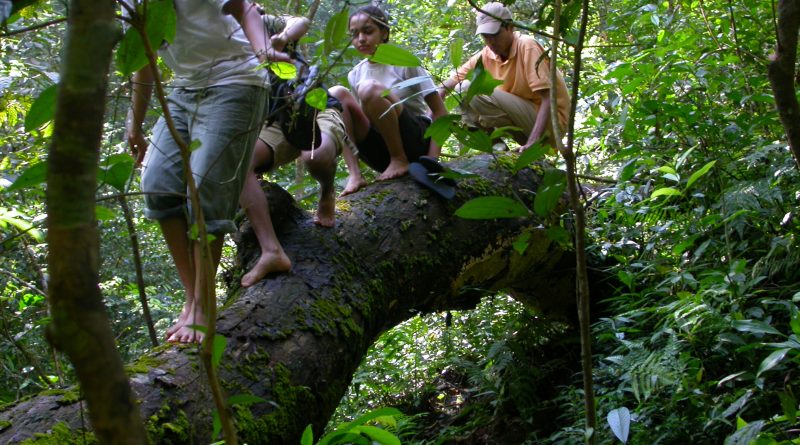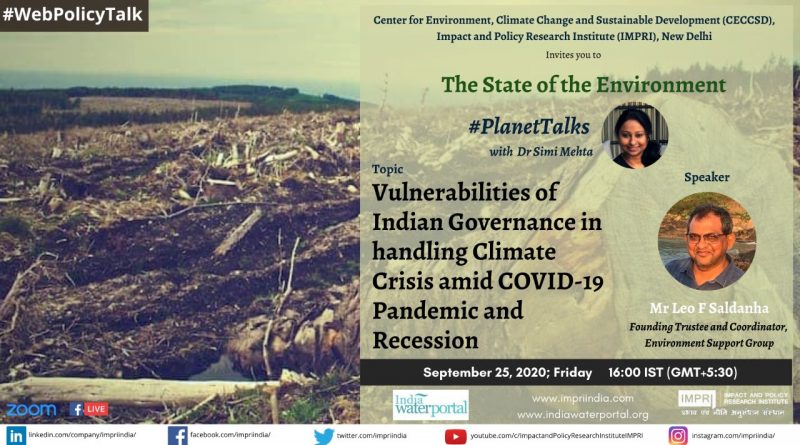“Is it possible to keep this city running with this pattern of consumption and demand for energy? How are BESCOM and KPTCL sustaining this supply? What are the challenges of the petrochemical sector in supporting fuel demands? Is there a way that we could shift to more sustainable sources, such as renewable energy, and can those transitions be just for all involved? Will such just transitions require Bangalore Metropolitan Planning Authorities to imagine futures that are based on sustainable energy systems, in contrast with the prevailing extractive and unsustainable systems? And can we ensure all homes (be they of rich, poor or middle classes), institutions, offices, government buildings will find ways to consume less power and shift to alternate forms of locally generated power?”
Read More




